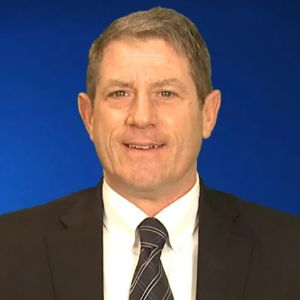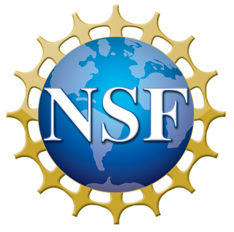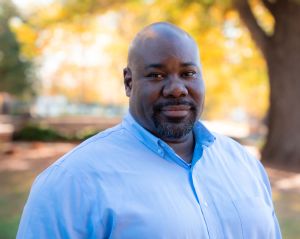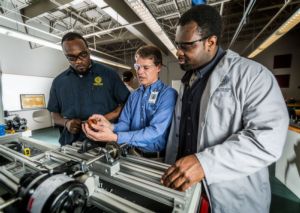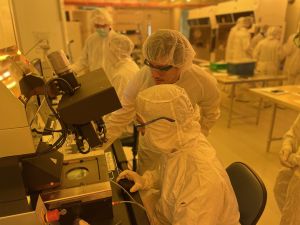
Sharyl A. Majorski has come full circle in the Advanced Technological Education (ATE) program. Her first involvement began 15 years ago when she attended an ATE professional development program for tribal college educators. She was then an adjunct instructor. Now she is the tribal college consultant to Environmental and Natural Resources Technology (EARTh) Center.
To community college educators who want to build effective partnerships with Indigenous communities, Majorski suggests attending a tribal event and showing respect. “True respect values the people from the very beginning of a concept and listens to what they have to say throughout,” she said.
Majorski’s outreach efforts for the EARTh Center are informed by her work with students as an adjunct chemistry and physics instructor at the Saginaw Chippewa Tribal College and as a chemistry lab coordinator at Central Michigan University (CMU).
In 2009 and 2010 Majorski participated in the Tribal College Fellows Institutes offered by the National Partnership for Environmental Technology Education (PETE) with ATE support in collaboration with the Advanced Technology Environmental and Education Center (ATEEC).
She used what she learned at the institutes in multiple ways. First, she added an undergraduate research project at the Saginaw Chippewa Tribal College where students studied the Chippewa River. Students examined water quality through various chemical tests and collected aquatic macroinvertebrates as water quality indicators. Then she helped the college obtain a $400,000 grant from the U.S. Department of Agriculture. At CMU she and colleagues wrote a proposal that received a $190,688 Course, Curriculum and Laboratory Improvement grant from the National Science Foundation to purchase equipment for undergraduate researchers to use.
In spring 2024 Majorski moderated discussions at the EARTh Center’s summit with 12 tribal college educators and a tribal community elder. Summit participants’ insights are being incorporated into a best practices guide that the EARTh Center is developing. The summit participants also recommended topics for the weeklong Fellows Institute for Tribal Faculty that the EARTh Center will offer in June 2025 on Beaver Island, Michigan.
Majorski provided written responses to questions about building relationships with tribal college educators and how she sustains partnerships. She also has multiple suggestions about things that educators can do to improve their connections with Native American communities.
 Subscribe
Subscribe





